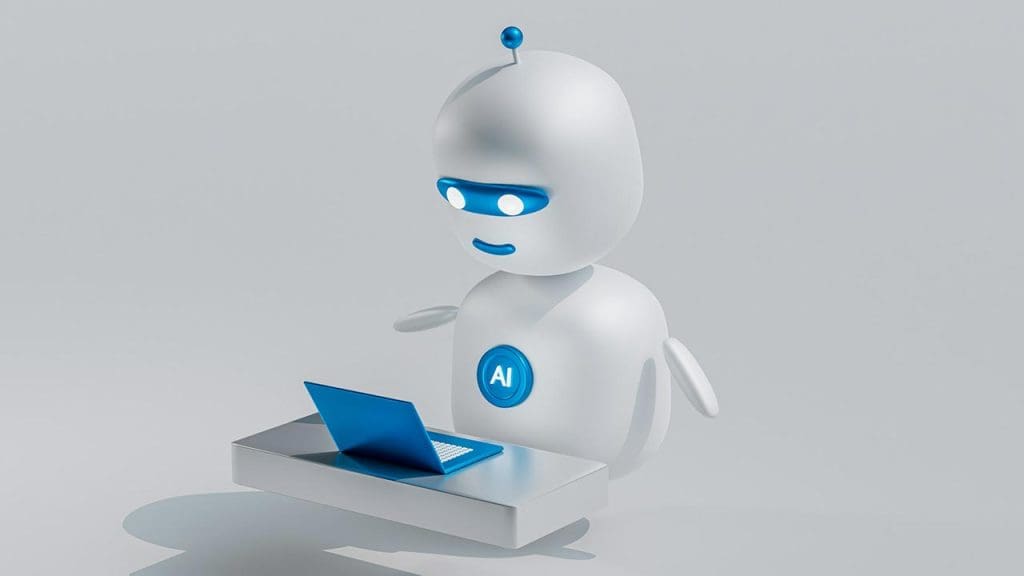In the rapidly evolving landscape of technology, artificial intelligence (AI) is reshaping the workplace. From automating repetitive tasks to offering advanced analytics, these tools promise to enhance efficiency and reduce costs. Here are nine AI tools that are making waves in various industries, potentially replacing traditional roles.
1) Automated Content Creation Tools

Automated content creation tools are transforming the way businesses generate written material. These AI-driven platforms can produce articles, product descriptions, and social media posts in seconds. By analyzing data and trends, they can craft engaging and relevant content tailored to specific audiences. Companies can now maintain a consistent content schedule without the need for a large team of writers. For more on how AI is changing the workplace, check out this article.
2) AI-Powered Customer Service Chatbots

AI-powered customer service chatbots are revolutionizing the way businesses interact with their customers. These intelligent bots can handle inquiries, provide support, and even resolve issues 24/7. With natural language processing capabilities, they understand and respond to customer queries in real-time, enhancing user experience while reducing the need for human operators. As a result, companies can save on labor costs and improve efficiency.
3) Advanced Data Analysis Software

Advanced data analysis software is enabling businesses to make informed decisions by analyzing vast amounts of data quickly and accurately. These AI tools can identify patterns, predict trends, and provide actionable insights that were previously unattainable. By automating data analysis, companies can focus on strategic planning and improving their competitive edge. Discover more about AI-driven analytics in this research study.
4) Intelligent Virtual Assistants

Intelligent virtual assistants are becoming indispensable tools in the modern workplace. These AI-powered assistants can schedule meetings, manage emails, and handle various administrative tasks, freeing up time for employees to focus on more complex duties. By understanding and executing voice commands, they bring convenience and efficiency to daily operations. As technology advances, virtual assistants are expected to take on even more responsibilities.
5) AI-Driven Graphic Design Platforms

AI-driven graphic design platforms are changing the creative landscape by automating the design process. These tools allow users to create professional-quality visuals without the need for extensive design skills. By leveraging machine learning algorithms, they can suggest layouts, color schemes, and design elements that align with brand aesthetics. This democratizes design, enabling businesses to produce high-quality content quickly and cost-effectively.
6) Automated Financial Reporting Systems

Automated financial reporting systems streamline the process of generating financial reports and forecasts. These AI tools can compile data from various sources, perform complex calculations, and produce accurate reports in a fraction of the time it takes humans. By reducing the reliance on manual data entry and analysis, companies can improve accuracy and efficiency in financial operations. Explore more about AI in financial management in this insightful article.
7) Machine Learning-Based Recruiting Software

Machine learning-based recruiting software is transforming how companies find and hire talent. By analyzing resumes, social profiles, and other data points, these tools can identify the best candidates for a position. They also help eliminate biases in the recruitment process, ensuring a fairer selection of candidates. By automating repetitive tasks, recruiting software allows HR professionals to focus on strategic hiring decisions. For a deeper dive into AI HR tools, check out this article.
8) AI-Powered Inventory Management Tools

AI-powered inventory management tools are optimizing supply chain operations by predicting demand and managing stock levels. These systems can analyze sales data, market trends, and other variables to forecast inventory needs accurately. By minimizing overstock and stockouts, businesses can reduce costs and improve customer satisfaction. As a result, companies can maintain a leaner and more efficient inventory system.
9) Autonomous Marketing Automation Platforms

Autonomous marketing automation platforms are revolutionizing the way businesses execute their marketing strategies. These AI tools can manage campaigns, analyze performance metrics, and personalize customer interactions across various channels. By automating repetitive marketing tasks, companies can focus on strategy and creativity while ensuring consistent messaging. This efficiency leads to higher conversion rates and better customer engagement. To learn more about AI’s impact on marketing, check out this book.